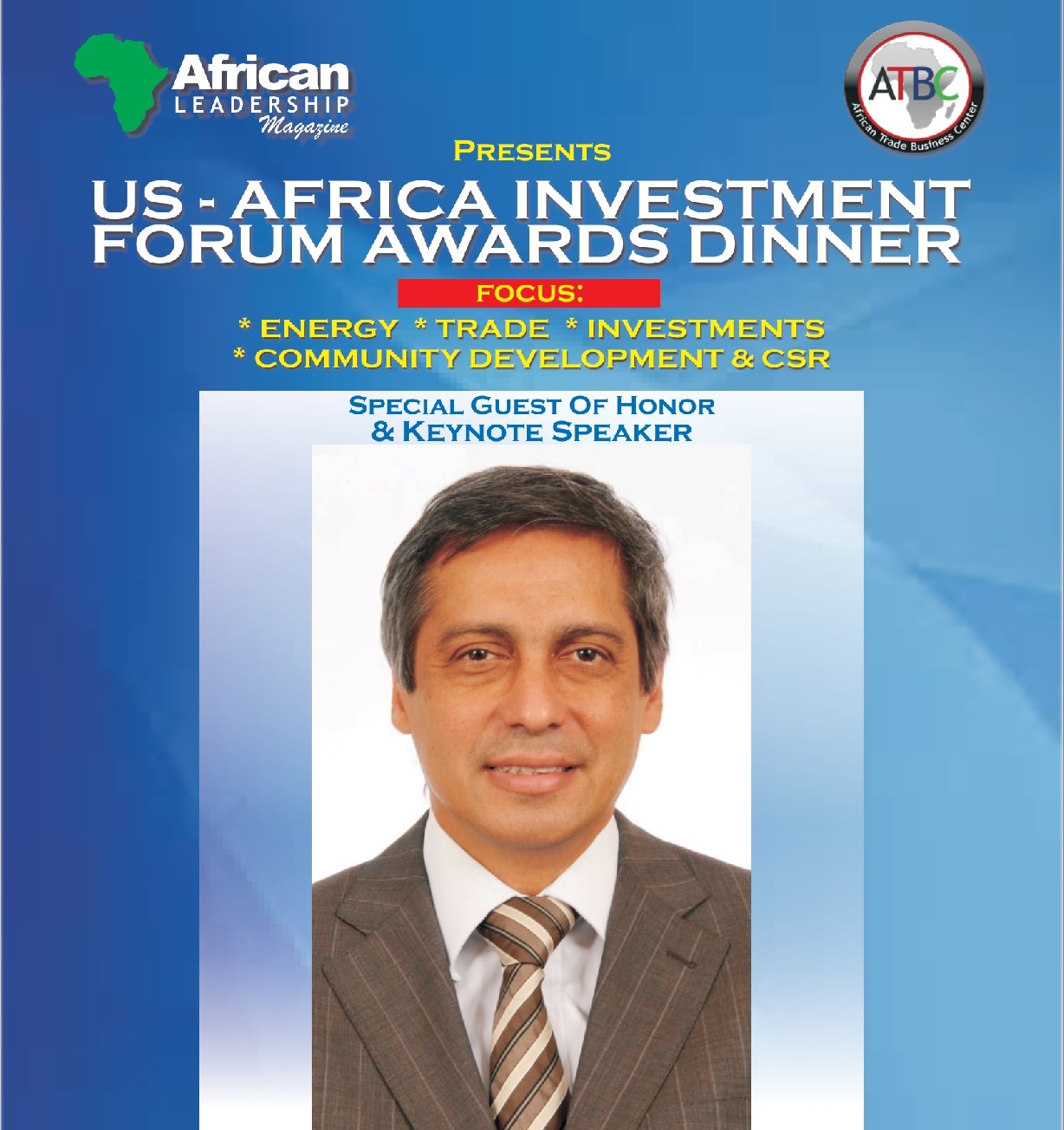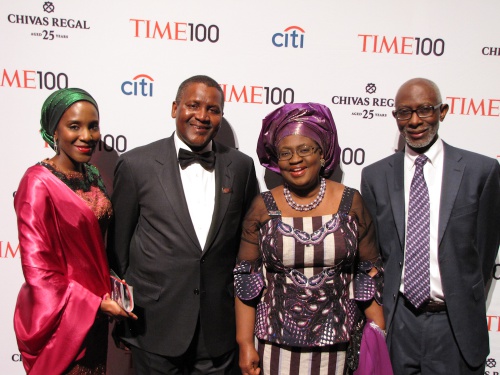 In a few days’ time, South Africa will hold the 2014 elections and questions on the freedom and fairness of this event are being raised. This will be the fifth democratic election for the country with the African National Congress (ANC) showing determination to win again. Many events during the past five years have raised questions about the credibility of the ANC ruling party and defectors have left to create their own parties or join opposition parties.
In a few days’ time, South Africa will hold the 2014 elections and questions on the freedom and fairness of this event are being raised. This will be the fifth democratic election for the country with the African National Congress (ANC) showing determination to win again. Many events during the past five years have raised questions about the credibility of the ANC ruling party and defectors have left to create their own parties or join opposition parties.
The first democratic election of South Africa was held on April 27 ,1994, after lengthy negotiations between the former ANC leader Nelson Mandela and the National Party (NP) government. The apartheid regime was facing grueling resistance from the ANC and other radical movements to accomplish freedom for all. International sanctions were taking a toll on the economy and South Africa needed to achieve a change for all the different races of the country.
Steven Friedman, head of the Independent Election Commission (IEC) during the 1994 elections called the first democratic election a deal that saved all in South Africa. It was the IEC’s responsibility to report any threats and review the reports of election monitors. More importantly, it was the IEC’s responsibility to report on a freedom and fairness of the election.
According to Friedman, the whole process was technically flawed. Problems arose, and the lack of infrastructure was a serious concern. While there was a possibility of conflict arising in the South African state, the election had to stop the conflict, and whether the actual votes were counted, or a cooperative agreement was reached by parties, there was no turning back.
Friedman said the IEC concluded the right formula for a free and fair election was to allow every adult to vote and all votes were to be counted accurately, Yet it was the negotiations between the two main parties that dominated the voter outcome. This was not popular with the IEC who wanted to concentrate on the fairness.
Hailed as a political triumph by all, yet the actual flaws were not published at that time. The actual number of votes for the 1994 was not counted correctly; it was not free and fair. The election was a brokered deal between the contending parties. The ANC wanted decision taken by representatives of the majority and the National Party wanted to mediate between all parties. The 1994 election settled in favor of both negotiating parties.
The 1994 election was a problem, and it was no surprise. Rural areas had never had the opportunity to vote before, and the entire infrastructure was in chaos. There were no voter’s rolls and the massive queues made voting difficult. No neural officials were on the IEC staff during this time. Activists and sympathizers of all the parties were the key officials.
After the public stood for up to three days in long queues to cast their vote, the actual number was found to be beset with problems. Major parties issued allegations of wrongdoings. Loyalists to the parties were accused of using their influence on the results, and a solution seemed impossible.
The counting of the votes worsened when problems began to appear. Computer hacking was detected showing more votes added to the NP and other minor parties and, after correcting this wrong, the counting became questionable. It was estimated at over 800 percent more people voted than was recorded in the population. There was an allegation that the South African Defense Force had truckloads of ballot papers giving the ANC the vote, ready for delivery to voting stations. This caused resentment and accusations of cheating between parties became apparent.
The IEC building was closed off to staff due to a meeting between the parties. Friedman told his seniors that more problems were traced, but he was ignored. Thereafter the committee did not request any additional reports from its staff.
The 1994 election was not in the capable hands of the IEC, and the parties finally decided on the outcome. The final figures were made available for the country, and the world to see giving the ANC a landslide win but not a two-thirds majority. The NP retained over twenty percent and gave them the option to elect a deputy president. The ANC won all the local provinces expect KwaZulu Natal, which went to the Inkatha Freedom Party.
The bickering and complaints disappeared after the official announcement and the path to democracy began. A civil war was averted and the world embraced South Africa for its courage and determination in moving forward.
The 1994 ballot papers did not provide a result to and the outcome is a mystery. The brokered deal made the change possible and paved the way to democracy and freedom for all. As the 2014 election takes place in South Africa on May 7, many questions are raised about the fairness once again.
Stories about the ballot papers not having an official stamp on the back might be a reason for a spoilt ballot. The question of whether the voter’s rolls are updated and visible to all contending parties is another consideration. The recent scandal of the IEC head Pansy Tlakula and the integrity of her trust has raised a concern. Questions remain about whether the May 7 South African elections will be free and fair or if they will end in another brokered deal.
By Laura Oneale


